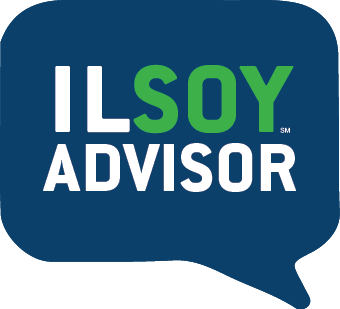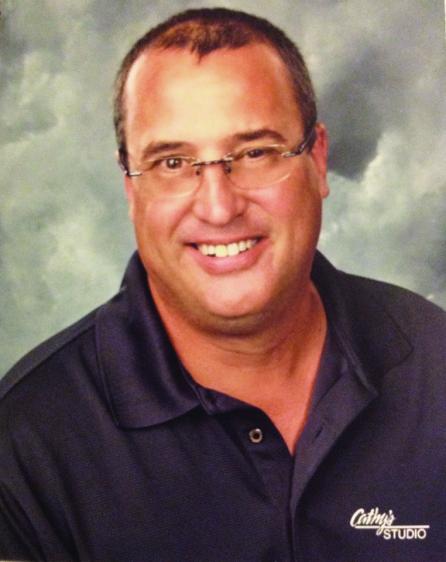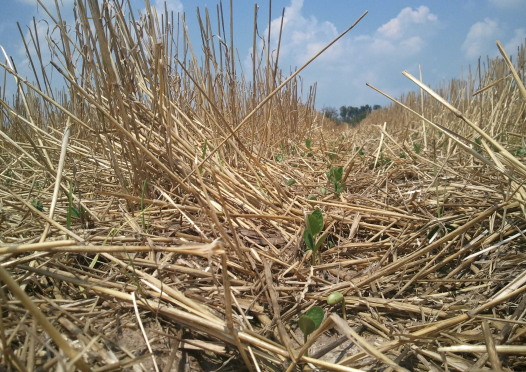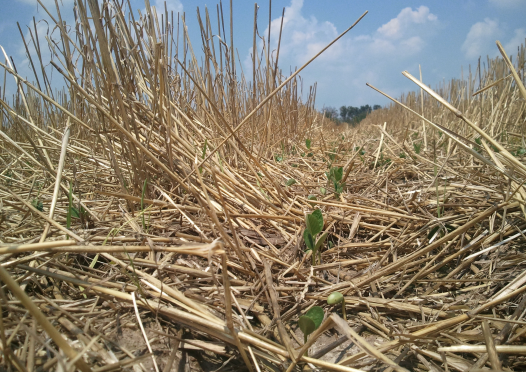ILSOYADVISOR POST
Agronomy: Double Crop Plans for 2016
Wheat planting is around the corner so it’s time to begin thinking about double-crop soybean plans for 2016!
With wheat planting around the corner now is the time to begin thinking about your double-crop soybean plans. I know, you are thinking, “That is over a year away! Why worry about that now with everyone else I have to do this fall?” Well, because everything we do, from wheat planting on, will have a potential impact on our double-crop soybeans.
What is the length of maturity of the wheat variety we plan to plant? When will it potentially be harvested next spring? How much straw does this variety produce? How do I plan to handle the residue? These questions will have an effect on how early we may get to plant our beans and how much difficulty we may have planting into the residue from that crop. Remember your goal is to get a good soybean stand, quickly.
Are you going to no-till your wheat or do tillage before planting? This will have an effect on potential weed control next spring as we get close to wheat harvest. We will need to use some chemical control to insure that we start clean if we plan to no till our wheat. If we do tillage, we need to insure that we kill any existing weeds prior to planting of the wheat and not just “move them around” or “run them over”. A dead weed is the best weed. Don’t make sick or injured weeds come back to haunt you!
What about fertilizer? Are you fertilizing the wheat only or are you applying enough fertilizer for the double-crops as well? Don’t cut yourself short in the short or long run by failing to fertilize.
Realize that now is the time to also begin making soybean variety decisions for next year. You need to be looking at what soybean maturity you will want to plant. What weed control options will you have with that variety at the end of June or first of July? Book that seed now to ensure you have a supply of the variety you want next spring.
Everything we do in the next few weeks as we plant wheat will begin to play into the potential for success of our double-crop soybeans in 2016. So answer these questions as you ride in the combine and have a plan ready to execute when the wheat drill goes to the field.
Kelly is serving as the Illinois Soybean Association Double-Crop Specialist. He was raised on the family farm in Benton, Illinois and graduated from Southern Illinois University (SIU)-Carbondale with a BS in Agriculture Education and Mechanization, and a Master’s of Science (MS) in Plant and Soil Science. Kelly has spent 25 years as a soil fertility agronomist and precision agriculture consultant in southern Illinois while also spending 4 years as a Farm/Agronomy Manager and GIS Coordinator for a large farm in southeastern Illinois. He is a Certified Professional Agronomist and a Certified Crop Advisor.





Comments
Add new comment